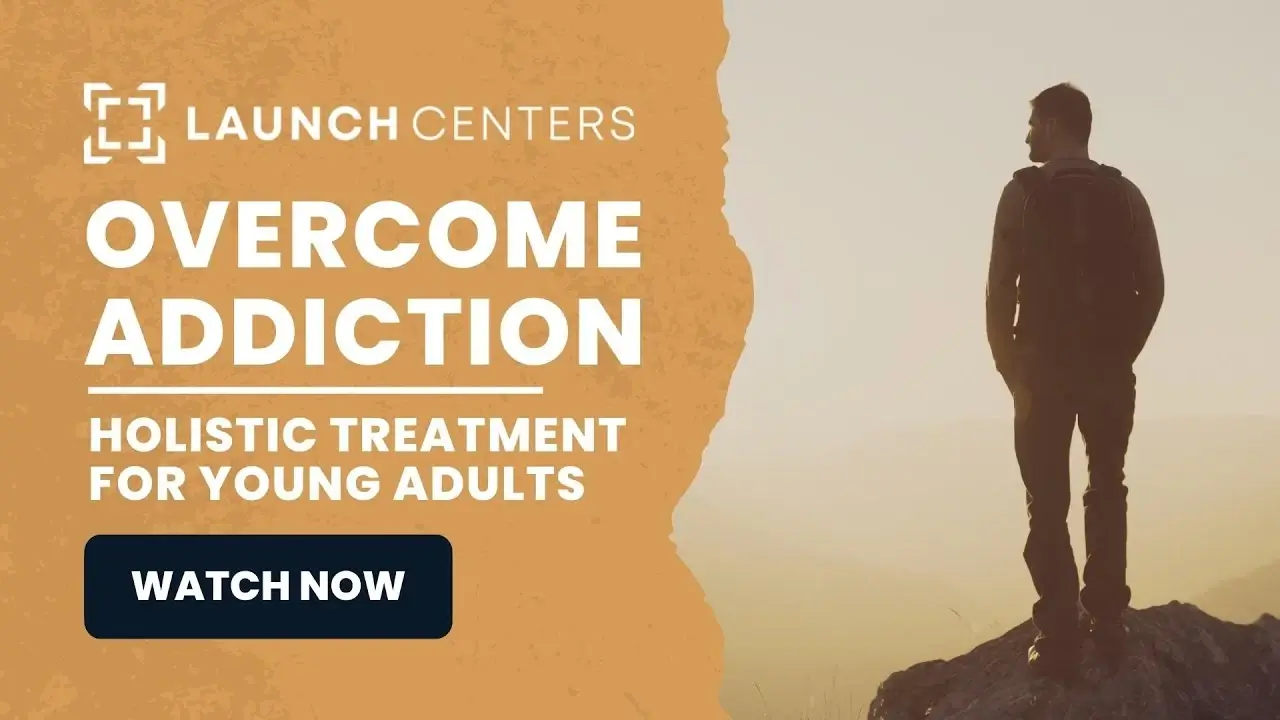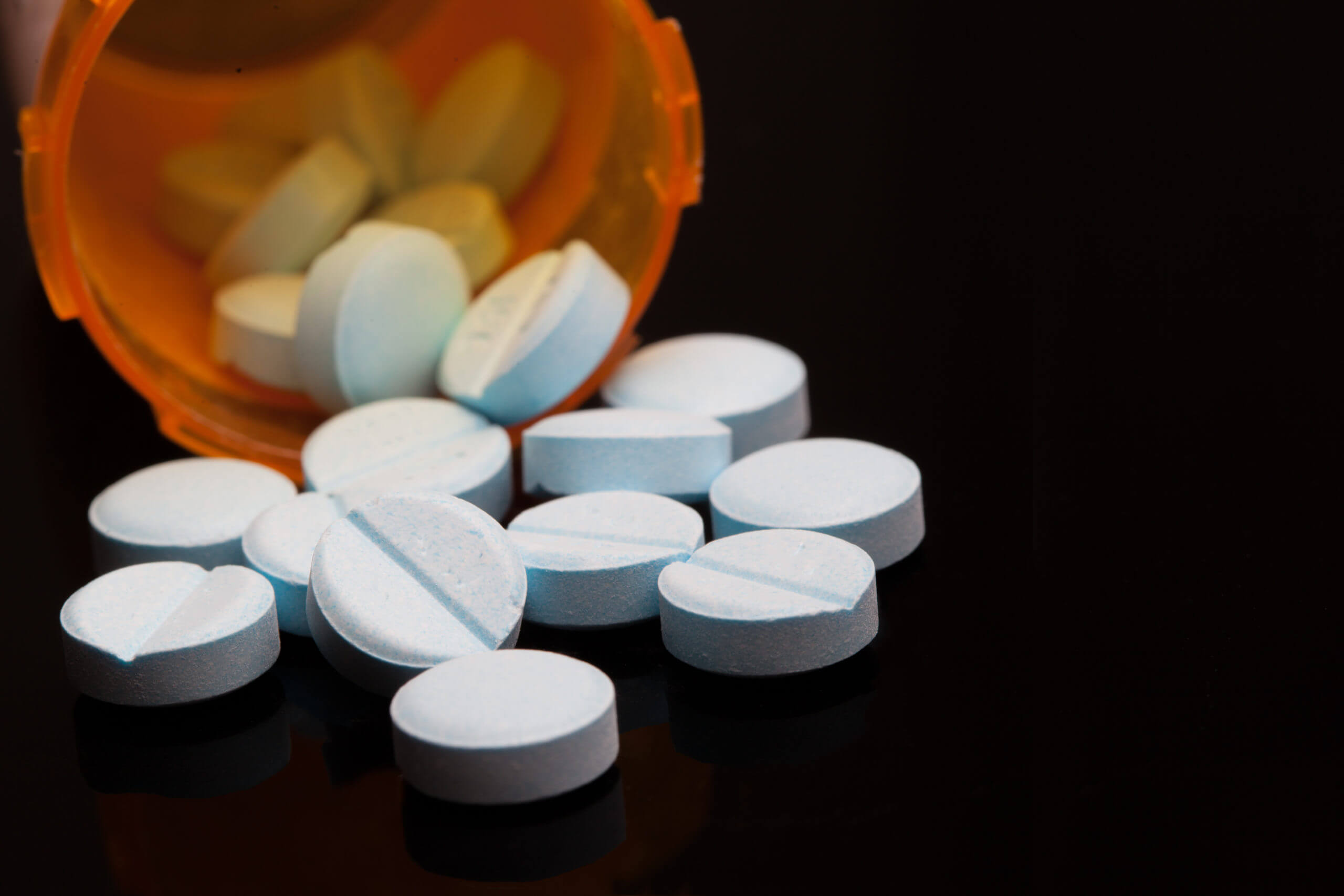
Opioids Treatment In Los Angeles

Opioids and the Risk of Addiction
Opioids are a class of drugs that include prescription medications used to treat moderate to severe pain, and heroin, which is illegal. Opioids can be highly addictive in any form. The National Institute on Drug Abuse reports that between 21-29 percent of patients who take prescription opioid drugs misuse them. An estimated 8-12 percent of those who use opioid medications to treat pain go on to develop an opioid addiction. Approximately 80 percent of people who use heroin started out by misusing prescription opioids.
A human being is born with natural opioid receptors throughout the body. These receptors are mainly located in the brain, the spinal cord, and throughout the gastrointestinal tract. Certain neurochemicals, naturally produced in the brain, will bind to these receptors. They are responsible for feelings of pleasure, pain, and well-being. The brain’s naturally produced neurotransmitters such as endorphins are known to decrease pain, regulate respiration, and may even prevent depression symptoms.
Synthetic opioid drugs, opiates, and opium attach to opioid receptors, flooding the brain and body with dopamine that produces extreme highs and blocks feelings of physical pain. Some people begin abusing the medications as a way to block emotional pain as well. This disrupts the body’s natural way of working, increasing the likelihood that a person will become addicted to opioids.
Most Commonly Abused Opioids
Oxycodone: Commonly sold under the brand name OxyContin, as well as combined with acetaminophen and sold as Percocet.
Oxymorphone: Commonly sold under the brand name Opana.
Meperidine: Commonly sold under the brand name Demerol.
Hydrocodone: Commonly sold under the brand names Vicodin and Lortab.
Hydromorphone: Commonly sold under the brand name Dilaudid.
Fentanyl: A synthetic opioid used in prescription drugs but also manufactured and sold illegally as a recreational drug.
Codeine: While often prescribed to treat mild to moderate pain, codeine is also found in prescription-strength cough syrup.
Morphine: Commonly sold under the brand names MS-Contin and Kadian
Methadone: Prescribed to treat pain and also to reduce heroin withdrawal symptoms
Heroin: Illegal street drug
Symptoms of Opioid Withdrawal
Opioid withdrawal consists of both physical and psychological symptoms. The most common symptoms of opioid withdrawal include:
- Flu-like symptoms
- Aches and pains
- Fever, chills, and sweating
- Dehydration
- Changes in breathing and blood pressure
- Tremors
- Nausea
- Anxiety and irritability
- Depression
- Intense cravings to use opioids
Opioid Addiction Treatment in Los Angeles
Are you struggling with opioid addiction and need help getting sober? You don’t have to go it alone. Launch Centers in Los Angeles can help you through the detoxification process and treat any painful withdrawal symptoms that accompany it. Please contact our dedicated staff at Launch Centers today. Together, we’ll come up with a tailored treatment plan just for you.








